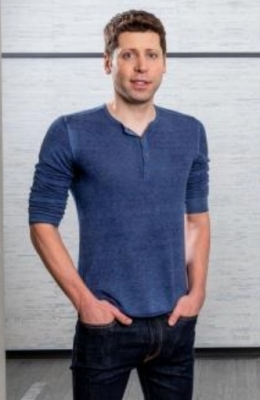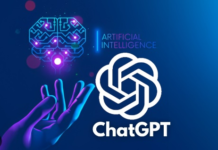Taipei– OpenAI CEO Sam Altman has said that advancements in AI have the potential to reduce inequality, but regulation is crucial to keep the technology in check. Altman at an AI forum in Taipei organised by the charitable foundation of Terry Gou said that technology is a force for equalising in general, reports Nikkei Asia. “If you think about a tool like AI, if everybody on Earth can get access to the best tutoring system ever, the best medical care ever, that helps everybody. But that relatively helps poor people more than richer people who can already pay a lot for intelligence,” OpenAI CEO was quoted as saying. “If you study the decrease in the price of energy over time, that has always helped the poorest half of the world more than the richest half. So I think technology does this in general. AI will be a super strong force,” he added. However, Altman warned that this is only true if society makes the right decisions. “You could certainly imagine a world where all of the computing power in the world belongs to one company or one small set of people. And, in that case, it won’t be such an equalizing force. But I don’t think society is going let that happen,” he said. According to Altman, government regulation can be a risk if it imposes too much control, but oversight has been beneficial in a number of ways. “I don’t want to have to make an opinion every time I step on an airplane (about) how safe it’s going to be, but I trust that they’re pretty safe. And I think regulation has been like a positive good there. Same thing for medicines or whatever,” he mentioned. Meanwhile, OpenAI has said it is “having productive conversations” with creators around the world, including the Authors’ Guild, as more prominent authors sued the ChatGPT developer for copyright infringement. The Authors’ Guild and 17 well-known authors like Jonathan Franzen, John Grisham, George R.R. Martin, and Jodi Picoult have filed a fresh lawsuit in the Southern District of New York against OpenAI.(IANS)







